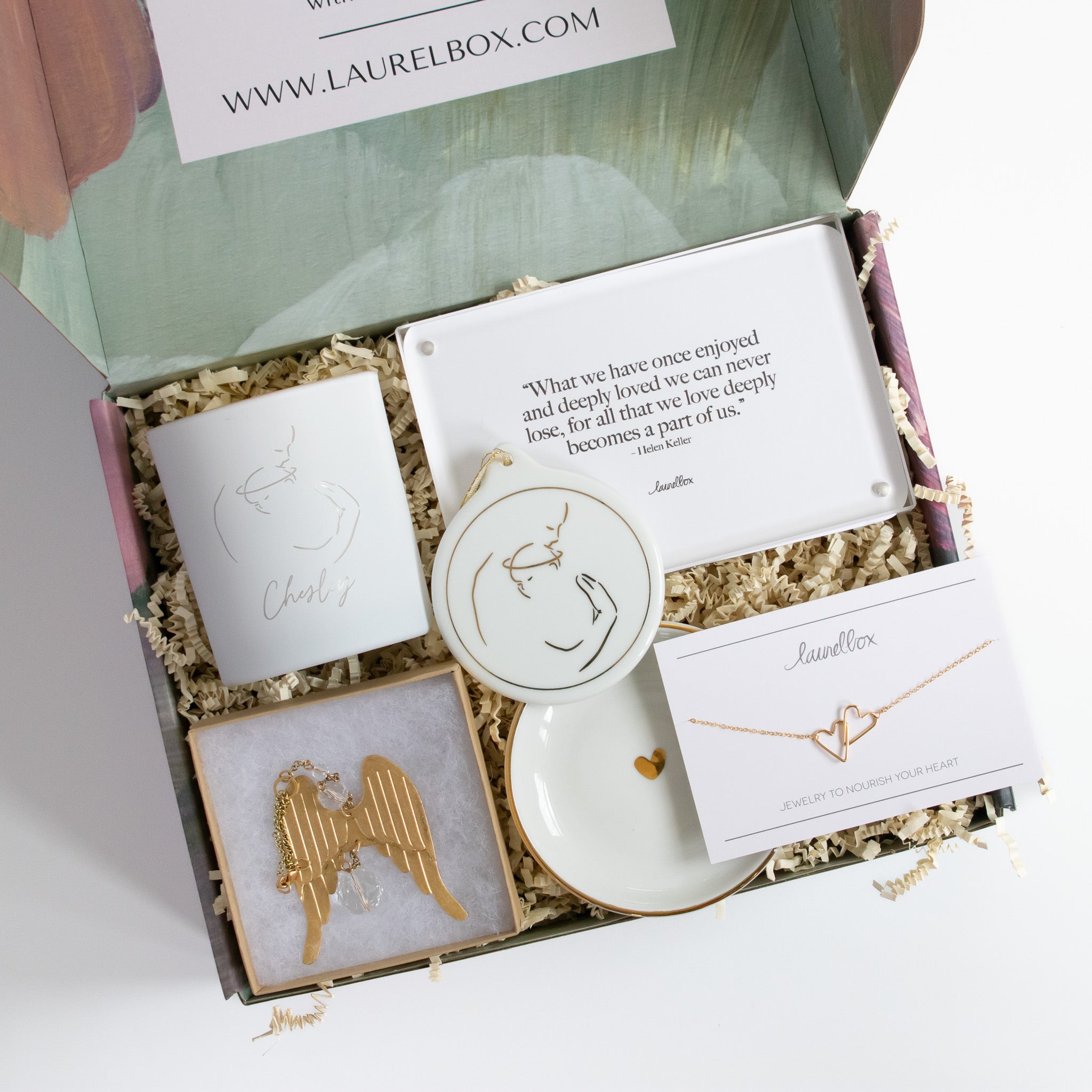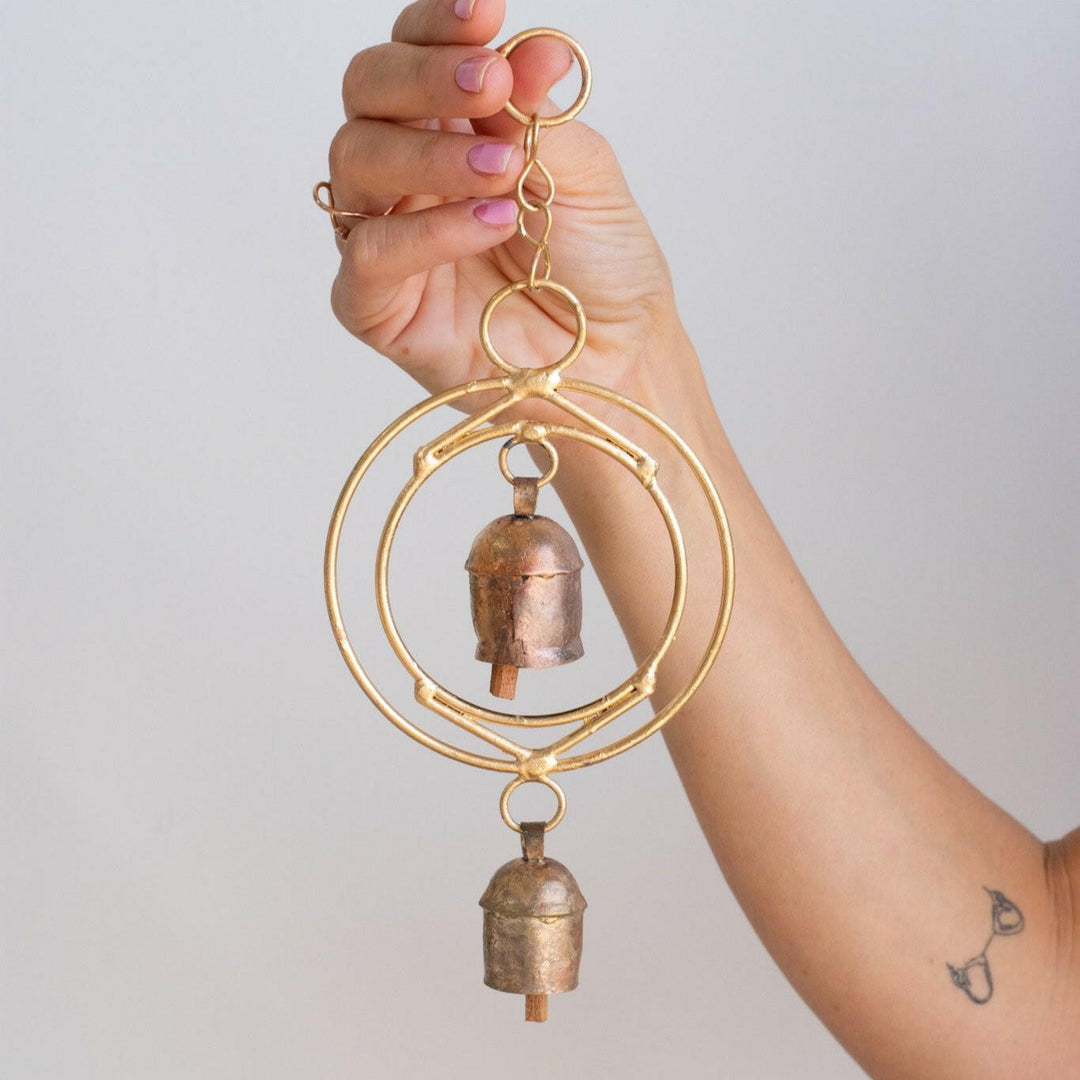GRIEF Journey: What do I say?
We are so honored to have Bekah Pogue guest blogging here on our laurelbox page. As writer, speaker, and creator of the blog, Upcycled Jane, Bekah adores connecting with women, students, and parents. She has published over 20 articles on parenting, inspiration, and faith, contributed for Orange County Register, and guest writes for Yellow Conference. Bekah is passionate about encouraging women to find their identity and freedom in Jesus, to live intentionally, and to celebrate their created selves . When she’s not playing with her two sons or hubby of eleven years, you’ll find her at the beach, reading, baking, or rearranging furniture. Bekah shares with a relaxed, storytelling style, as if you were sitting on her couch and catching up as old friends. She invites you to join her journey at https://pastureexperience.com/.
Let’s just say it like it is, talking about death is awkward.
Like super uncomfortable, weird, awkward.
What should I say? Do they want to talk about it? Do they not want to talk about it? Ahhh.
We long to validate one’s loss and ask how they are, while simultaneously trying to avoid making the elephant in the room the only topic. It’s a debacle; one that’s hard to navigate. There are no perfect words, only pure intentions. So, to save yourself from making a bigger deal out of an already big deal, for the love, here are phrases and actions that help soothe a very raw wound, as well as cliche’s to avoid.
And trust me, I’ve been on the receiving and giving end of all of these, so grace to all as we learn how to walk this journey together.
Please say something. I remember my first time back at church after dad had passed away. I was walking down the hall as someone was coming my direction. They made eye contact, swiveled, then made an about turn. I get it. It’s weird. I could’ve potentially blubbered all over them. But really? Then there were others who saw me, offered a hug, and a specific word– they gave validity to my dad. I’m so sorry about your dad. When someone dies, please affirm who it is, or the situation. When we say, I’m sorry about your loss, it feels like we’re addressing a pet hamster or a squirrel that got run over. I know it’s not the intent, but it feels like that to those that are grieving. I’m so sorry about _______ can be such a healing, affirming gift.
One of the biggest questions is: How are you? It’s fair. Someone is hurting and you care about how they are. One word makes all the difference. How are you today? Today gives the griever permission to be any emotion they are feeling in that moment, knowing it changes minute by minute or day-to-day. There are days I can’t stop sobbing, and other days, when the pain isn’t as raw, where laughter is second nature and the world is crisp and much-to-be-celebrated. It’s easy enough for us to make assumptions about our friends based on a few hours together- if they seemed happy, we believe they are generally happy, and if they were cranky, well, they must always be in a bad mood. It’s even more so with those grieving. Asking about today gives them value and understanding that nothing is consistent, especially feelings.
I’ve found being a believer is almost more challenging in this grief journey. Having hope in eternity, in a God that we’ll live with forever, brings peace, and hope, and joy. But it can feel like because we have eternal hope, that for some odd reason, we shouldn’t be sad, or at least not for that long. Well, I’m sorry to break it to you, but here are some thoughts that fluttered through my emotionally gooey brain after losing dad.
What hope?
I’m so numb.
I don’t want to live anymore.
Maybe if I have a mental breakdown, they’ll put me somewhere I can sleep for weeks and eat food that someone else has prepared.
Ready. Set. Smile.
Just get out of bed.
What’s the day-to-day supposed to look like now?
Now, I love Jesus. I depend on Him for my next breath. But when all we know is stripped, grief covers the filter that keeps the “head knowledge stuff” in and emotions out. Everything seeps and penetrates and pricks. It’s a ball, let me tell you.
My favorite {sarcasm is dripping} phrases I’ve heard:
He’s in a better place. High-five. You’re right, and in a year, or five, or never, when emotions aren’t at an all-time high and I can drive through Starbucks without ugly-crying at the sight of a green iced tea, I’ll find comfort in that. But right now, I selfishly want to hug him and tease him about his wardrobe selection of Tommy Bahamas t-shirts. Thank you!
God must have needed him in heaven. Please hold. Huh? Are his grandkids in heaven waiting to greet him at the door? Does God need help teaching the “youth of America” as dad would say, or pruning His rosebushes? I know God’s plans are not our plans, but let’s save the eternal career conversation for down the road when we can wrap our brains around the fact that this person isn’t coming back.
Time heals all wounds. Gag. Gag. Double gag. Without a doubt, this statement is true, but it doesn’t help. Almost a year later, and the over-sensitive, non-stop tears have lessened, but missing him hasn’t. I still reach for my phone to call him or wonder what wisdom he’d offer about a parenting question. And sometimes, I just plain ol’ need a dad hug. It gets better, but not forgotten. For those of us grieving, please don’t place us in a box with an alarm clock. There’s no magic formula to when this whole grieving thing is done. Time constraints send the message that we must hurry it along, or else keep it to ourselves. And the last thing we need is to grieve alone- it’s not what Jesus would do alongside us, and it’s certainly not what He desires His children to do. Let us say instead, Take all the time you want. We are here. Dear friends told us, We’ll keep knocking and knocking and you open the door when you feel like it. Keep knocking friends. Keep calling, and texting, and writing notes, and speaking Scripture. Forget time, and allow them permission to just “be.”
Hands down, if you remember nothing but this, offer grace. Buckets and buckets of it. To those who grieve and those who support. Death demands new turf to be tread and people are doing the best they can. Those freshly grieving lack sleep and filters; take words and actions with a grain of salt. Same goes for when people say lame things. We are human, and we desperately need each other. Let’s offer lots of hugs and shoulders and phrases like, “How can I support you in this moment,” or “what flavor ice cream do you need tonight?”
How do you grieve? Any phrases that specifically helped or hindered your experience? How do you feel most loved when going through loss?







